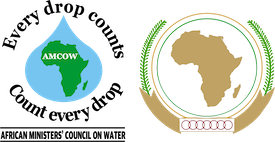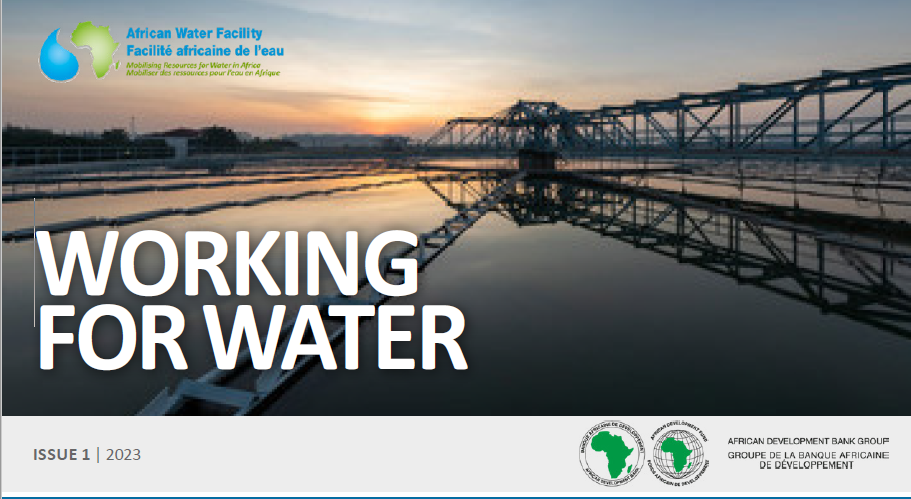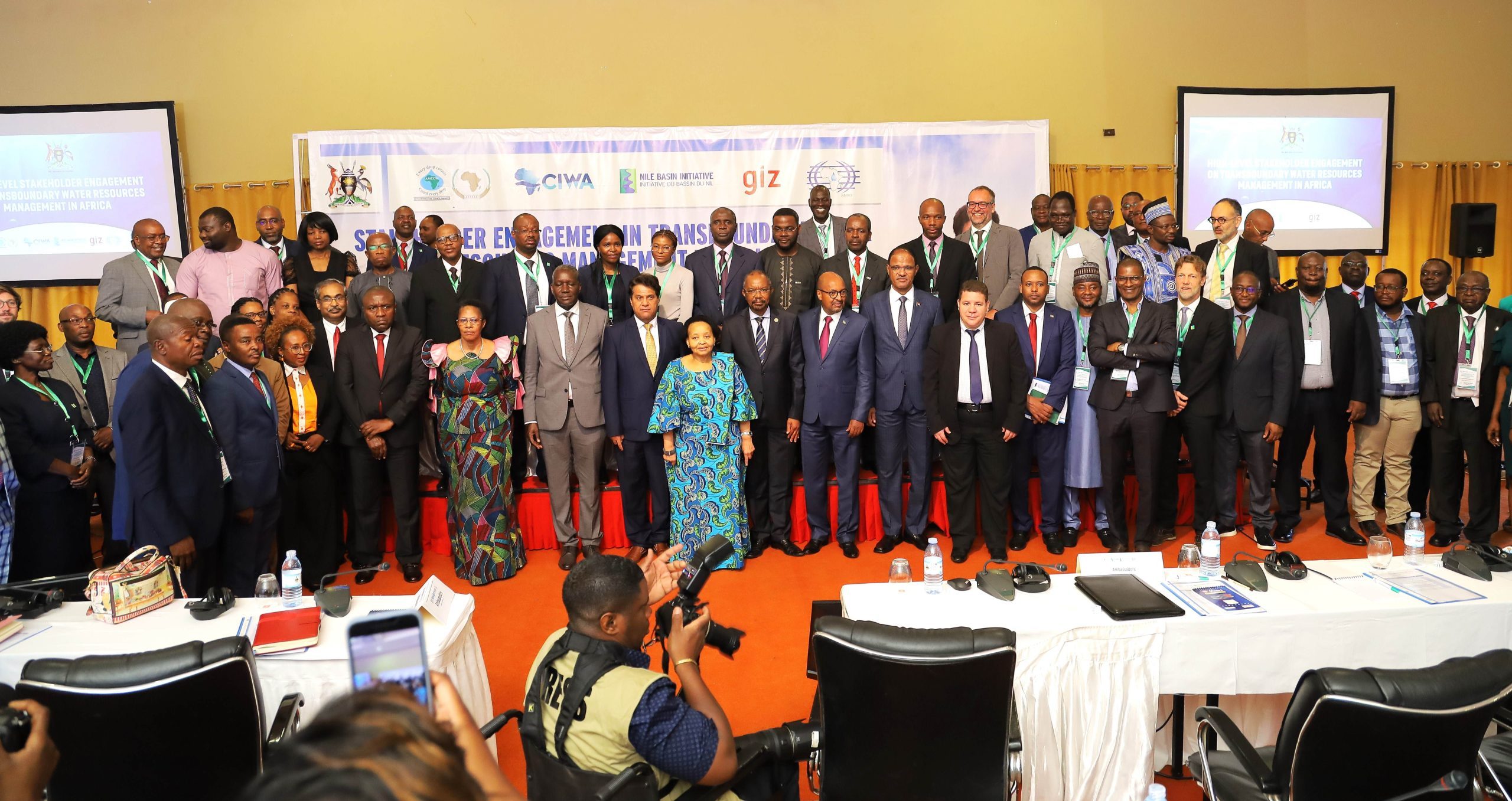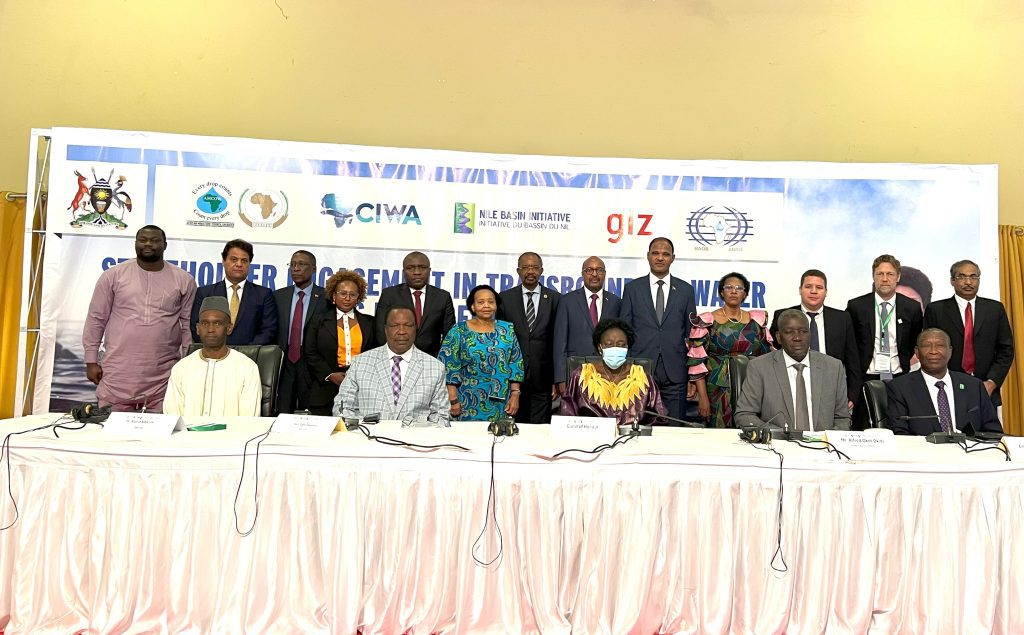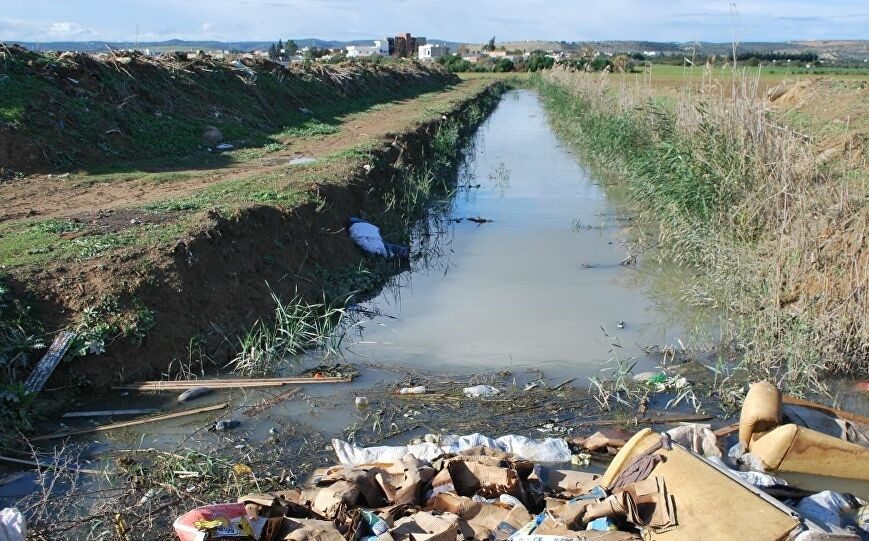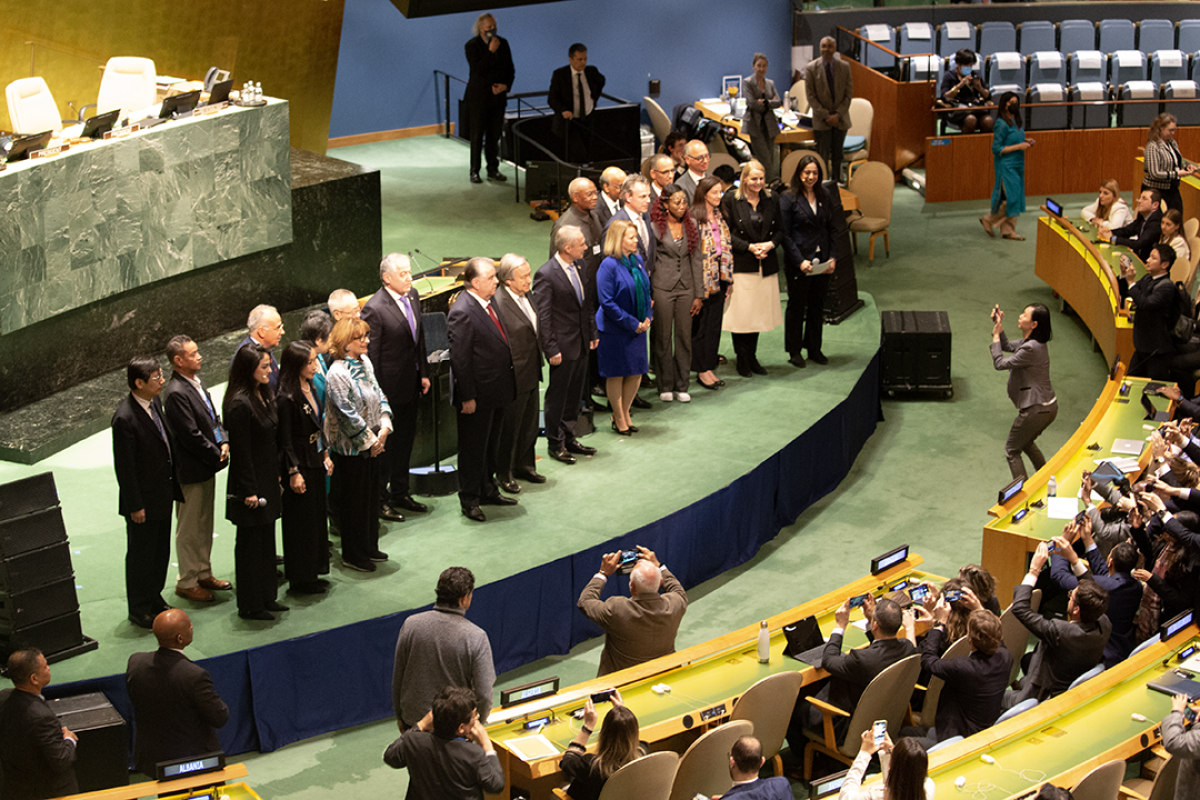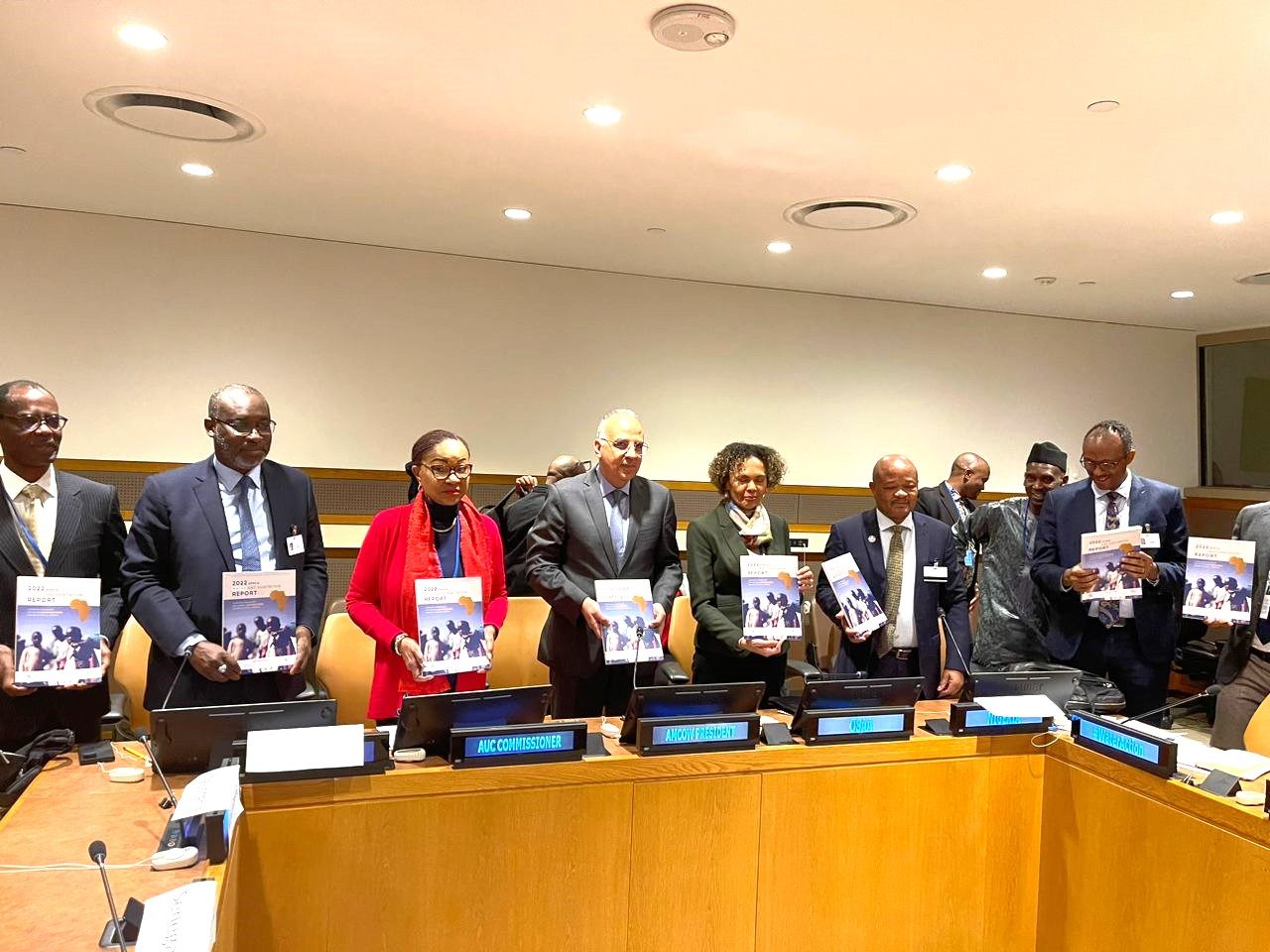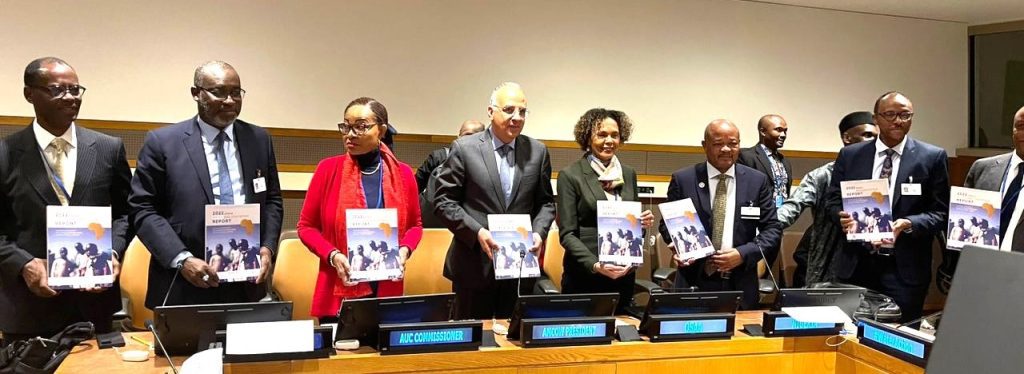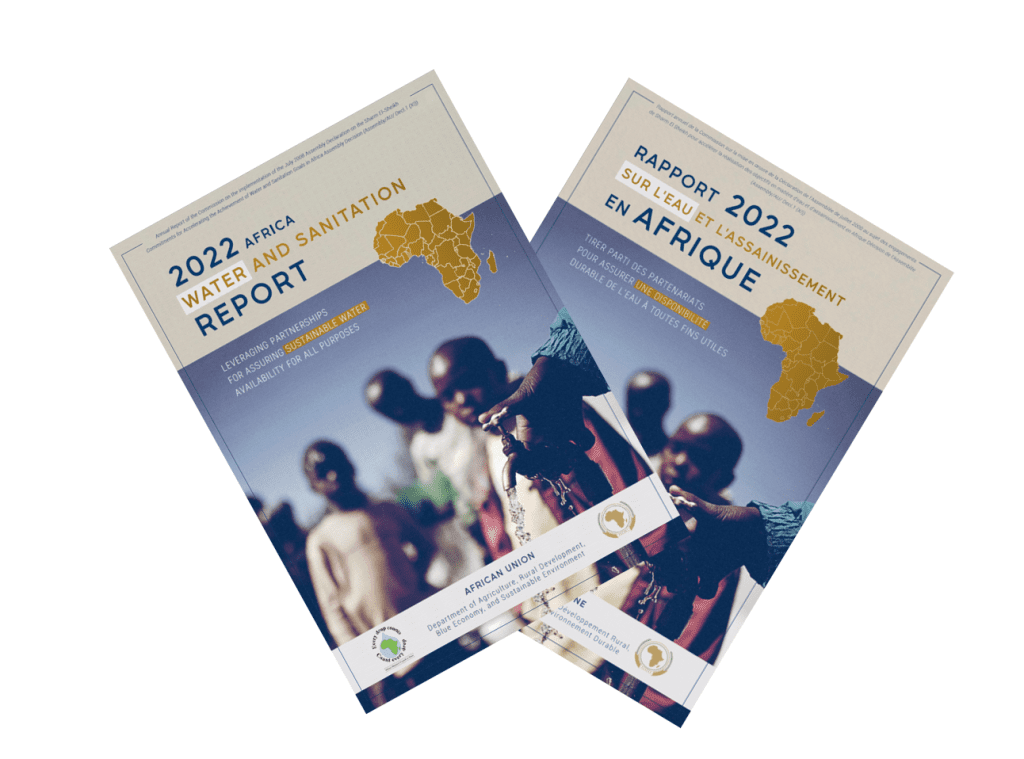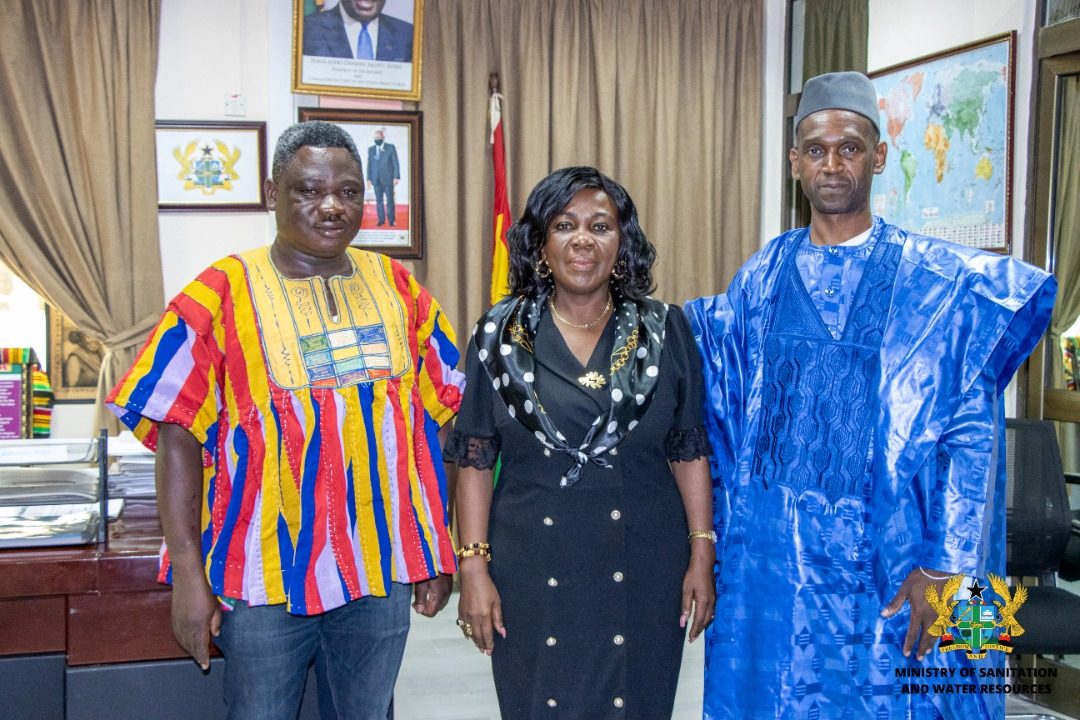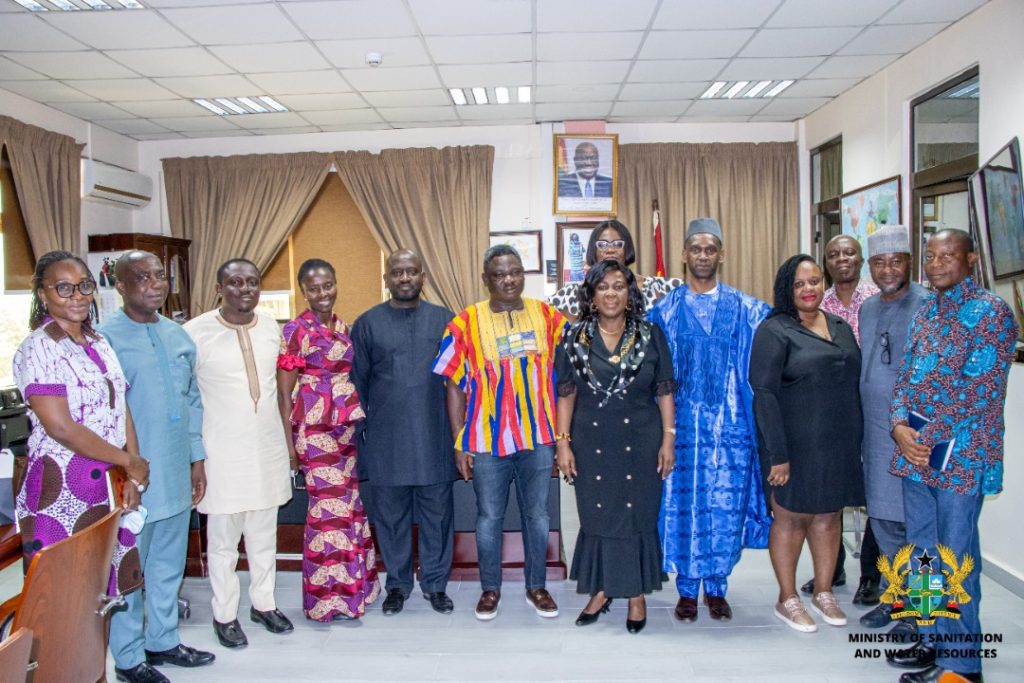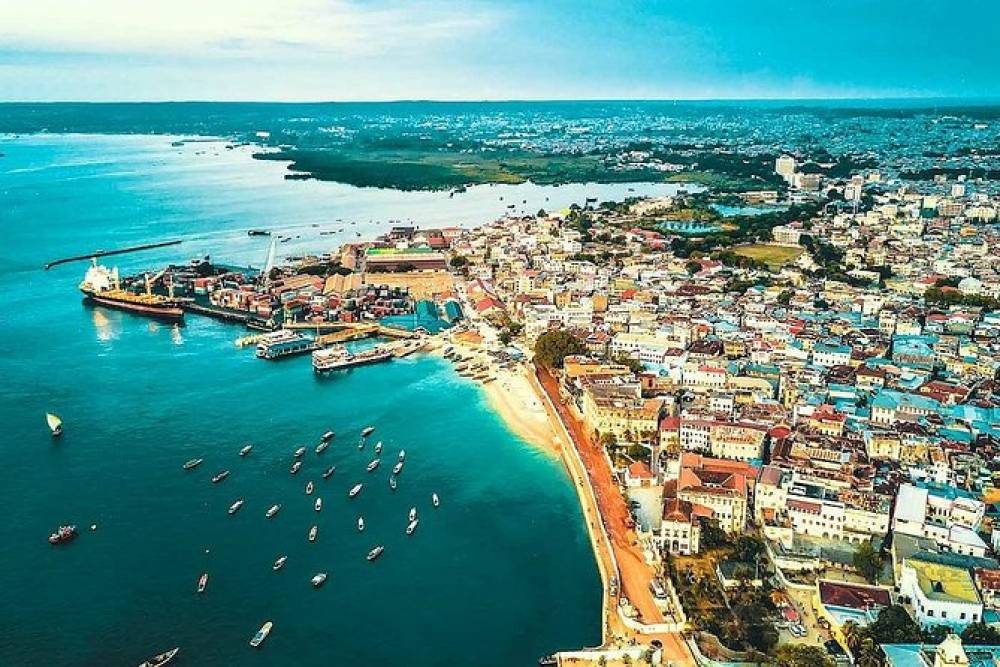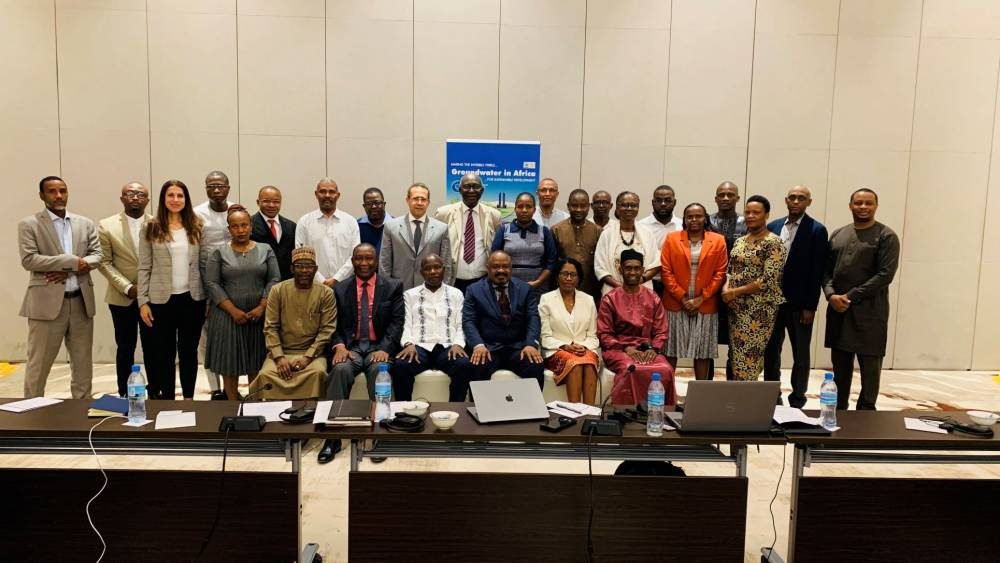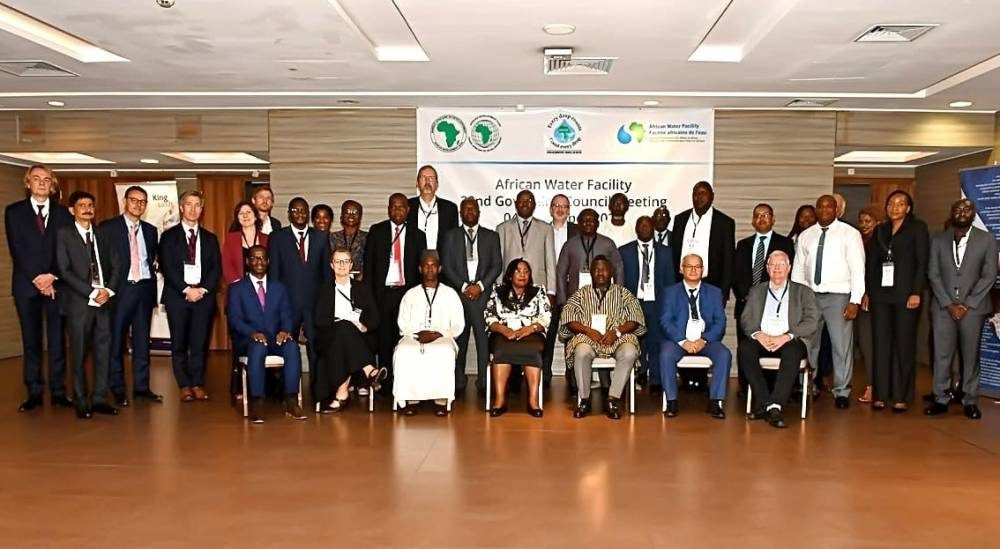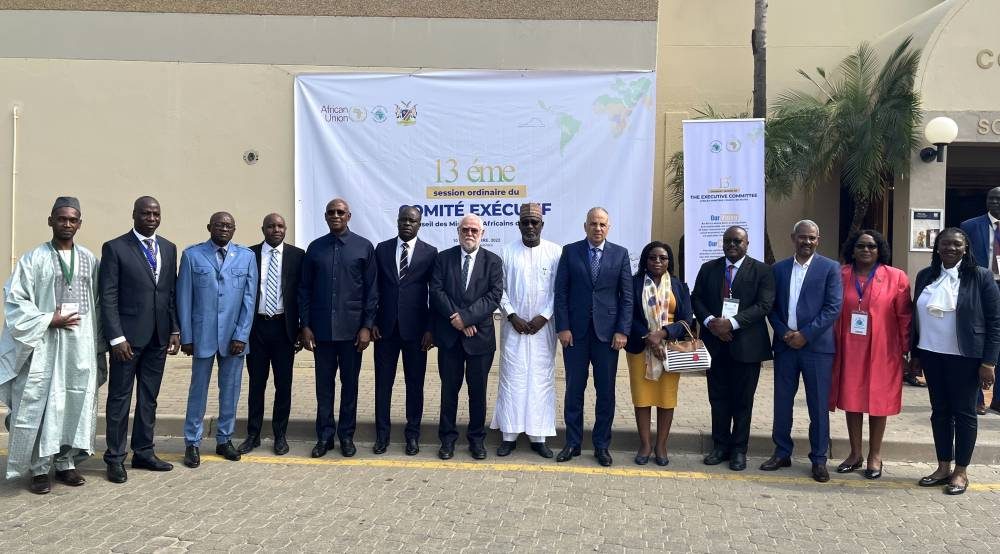African water professionals convened in Dar es Salaam, Tanzania, on 7-8 November 2022 for a final consultation on the mid-term review of the UN Water Action Decade implementation. Led by the African Union Commission, the engagement was jointly coordinated by the UN Economic Commission of Africa (ECA), the African Ministers’ Council on Water (AMCOW) and the African Development Bank.
The meeting was declared open by Dr Adam Karia, Rector and Executive Water Officer of Tanzania Water Institute, on behalf of the Permanent Secretary of the Ministry, Eng. Anthony Sanga. Other participants include representatives of the AU, Member States, regional economic communities, river and lake basins, civil societies and relevant institutions.
In December 2016, the United Nations General Assembly unanimously adopted the resolution “International Decade (2018–2028) for Action – Water for Sustainable Development” to help put a greater focus on the water during the ten years ahead. This meeting prepares Africa’s position ahead of the UN 2023 Water Conference.
The 2nd regional consultation reviewed the first report and outcome statements, which took place on the 13 and 14th of June 2022. The second consultation identified the gaps in the first report and made proposals to improve the record. Through this engagement, the participants adopted Africa’s priorities. Participants agreed on a harmonised approach for presenting Africa’s inputs to the Mid-Term Review of the International Water Decade, “Water for Sustainable Development”, in March 2023.
Considering the overarching water needs as postulated in the Africa Water Vision 2025 and Agenda 2063. The meeting received presentations on the following:
i. Objectives and expected outcomes of the Water Action Decade’s regional consultations,
ii. African Union Technical Paper, Africa’s water, sanitation and hygiene progress and
iii. The Blue Deal for Water Security and Sanitation for Development and Peace set the stage for meaningful interventions
Group and plenary sessions were conducted, and participants provided inputs on regional priorities across the five themes from the UN General Assembly (UNGA) Dialogue of water for development, climate resilience, cooperation, health, and water action decade.
In a speech on his behalf, the AUC Director for Sustainable Environment and Blue Economy (SEBE), Mr Harsen Nyambe, commended the Executive Committee (EXCO) of the Governance of AMCOW. He stated that the AUC was happy to see the 13th Ordinary Session – call for consolidation of the Africa common position and input to the UN 2023 Water Conference.
At the preparatory engagement of the second consultation, AMCOW’s Acting Director of Programmes, Dr Azzika Tanko, said, “the meeting provides an opportunity to fill the gaps between the first, the AMCOW EXCO meeting and the 2022 WASSMO report – to consolidate key messages to the UN 2023 Water Conference in 2023.”
In a statement on his behalf, ECA Director for Technology, Climate Change and Natural Resources Management, Mr Jean-paul Adam, underlined the need for bolder and transformative interventions in the second half of the Water Action Decade. In this regard, he said that innovative financing sources for water are essential and shared work being carried out by ECA and partners, including on green and sustainability bonds and the Great Blue Wall Initiative.
At the end of the two days, participants considered and refined messages for the high-level political forum and Water for Sustainable Development Conference (WAD 2023), the roadmap of reviews and activities, African inputs into the Groundwater Summit 2022, road Map of activities to International Decade Mid-Term Review Conference 2023 and the recommendations on the revitalisation of UN-Water Africa.
Click on this link for a report on the first Africa regional consultation.


